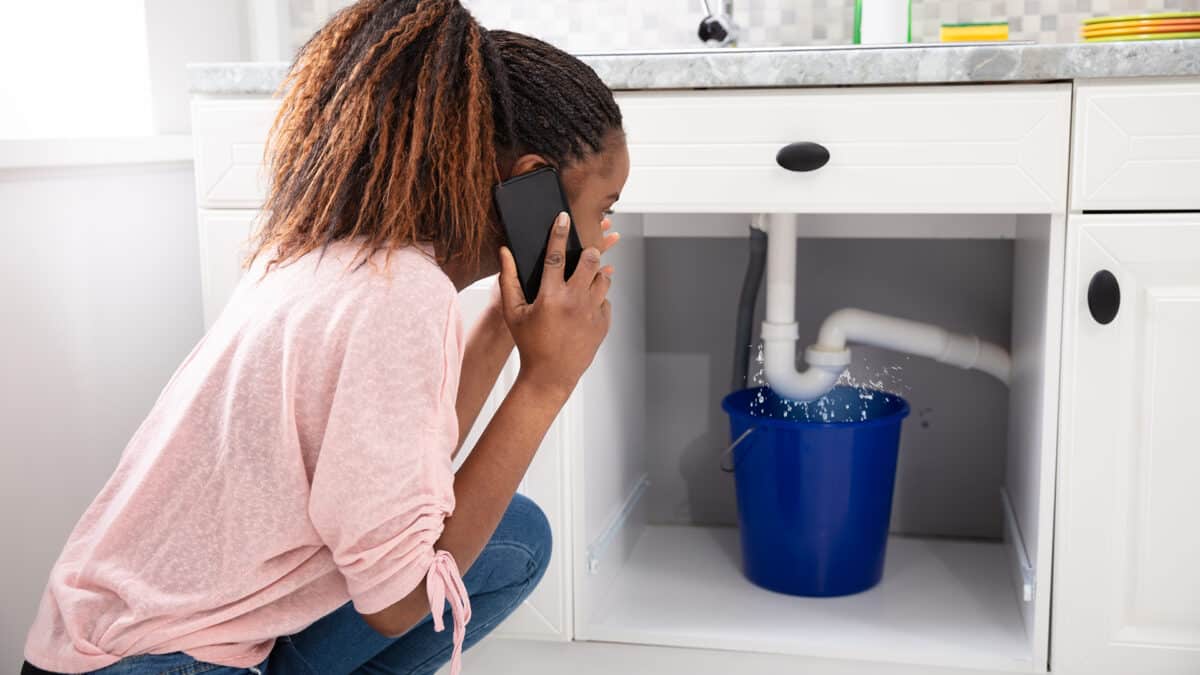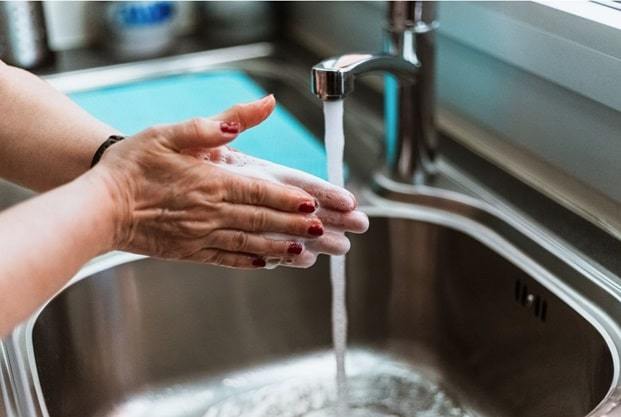Temporary Plumbing Fixes for Emergencies Until Help Arrives
Temporary Plumbing Fixes for Emergencies Until Help Arrives
Blog Article
Any individual has their own unique thinking about Plumbing Emergencies: Tips on What To Do Before.

Pipes emergency situations can strike any time, causing anxiety and possible damage to your home. Whether it's a ruptured pipe, a clogged up drain, or a dripping faucet, knowing exactly how to take care of the situation up until a professional plumbing gets here can save you from additional complications. This short article gives vital emergency situation plumbing pointers to help you mitigate damages and regain control during a pipes crisis.
Shut off the Water Supply
The primary step in any kind of plumbing emergency situation is to turn off the water. For localized problems, such as a dripping faucet or bathroom, switch off the valve near the component. When it comes to a major leak or ruptured pipeline, locate your home's primary water shut-off shutoff and turn it off right away. Recognizing the location of these valves in advance can conserve valuable time during an emergency.
Address Tiny Leakages with Temporary Repairs
Little leakages can quickly become significant issues if left unattended. Make use of these momentary solutions until expert aid arrives:
While these fixes aren't long-term, they can assist decrease water loss and damage.
Unclog Drains Safely
A stopped up drainpipe can be a frustrating and messy problem. Right here's just how to tackle it:
If these methods don't function, avoid using extreme force, as it might get worse the clog.
Take Care Of Overflowing Toilets
An overruning toilet can cause instant turmoil. Below's what you need to do:
Shut Off Your Hot Water Heater
In particular emergency situations, such as a ruptured pipeline, it's important to shut down your hot water heater. This stops getting too hot or damage to the system when water stops flowing. Turn off the power supply to the hot water heater (electrical or gas) and allow it cool off to prevent prospective risks.
Temporarily Stop a Ruptured Pipeline
A ruptured pipe can lead to significant water damages in mins. To alleviate the problem:
Call a specialist plumbing technician instantly to address the issue permanently.
Handle Frozen Piping Very Carefully
In colder environments, icy pipelines are a typical emergency. If you believe an icy pipe:
Prevent Additional Damage
Taking fast action to lessen damage can conserve you time and money in the future. Here's just how:
. Have an Emergency Situation Plumbing Kit
Prepare a fundamental plumbing emergency situation kit to manage minor concerns efficiently. Your package must consist of:
Having these devices available can make a considerable difference in your capability to take care of emergencies.
Know When to Call an Expert.
While quick fixes can aid temporarily, specific pipes problems call for immediate expert focus. Call a plumbing technician if:.
Quickly calling a specialist guarantees the problem is solved appropriately and prevents further issues.
Verdict.
Plumbing emergencies can be overwhelming, however with the appropriate knowledge and tools, you can handle the scenario properly until help shows up. By shutting off the water system, resolving small leaks, and using short-term repairs, you can lessen damages and maintain your home safe. Bear in mind, these tips are temporary services; always seek advice from an accredited plumbing technician to take care of the origin of the trouble. Prep work and quick thinking are your finest allies in any type of pipes emergency.
Expert Tips for Emergency Plumbing Repairs
Plumbing emergencies can be incredibly stressful and inconvenient. Whether it’s a burst pipe, a clogged drain, or a leaky faucet, these common plumbing emergencies need immediate attention to prevent further damage to your home. But before you panic, it’s important to understand the basics of plumbing repairs and the steps you can take to address these emergencies. In this article, we will share some expert tips to help you navigate through these situations and minimize potential water damage.
Identifying Common Plumbing Emergencies
Leaky pipes and faucets Clogged drains and toilets Burst pipes Low water pressure Water heater problems Essential Tools for Plumbing Repairs
Plunger: Useful for unclogging toilets and drains Adjustable wrench: Needed for tightening or loosening nuts and bolts Pipe wrench: Ideal for gripping and turning pipes Tape measure: Necessary for accurate pipe measurements Plumber’s tape: Helps create watertight seals Understanding Emergency Plumbing Services
Emergency plumbing services are designed to provide immediate assistance for unexpected plumbing issues that can cause significant damage to your home, business, or health. These services are typically available 24/7 and are staffed by experienced plumbers who can quickly diagnose and repair a wide range of plumbing problems.
When a plumbing emergency strikes, time is of the essence. Whether it’s a burst pipe flooding your basement or a gas leak posing a serious risk, emergency plumbing services ensure that help is just a phone call away. These professionals are equipped with the tools and expertise to handle any situation, minimizing damage and restoring your plumbing system to proper working order.
What Constitutes a Plumbing Emergency?
Burst pipes or water supply lines: These can cause extensive water damage and need immediate repair to prevent flooding. Gas leaks or suspected gas leaks: Gas leaks are extremely dangerous and require prompt attention to avoid potential explosions or health hazards. Sewer backups or overflows: These can lead to unsanitary conditions and significant property damage. Clogged drains or toilets causing water to overflow: Overflowing water can damage floors, walls, and other structures. Leaks or water damage causing structural damage: Persistent leaks can weaken the structural integrity of your home or business. No hot water or heating: A lack of hot water can be more than an inconvenience, especially in colder months. Common Causes of Plumbing Emergencies
Aging or corroded pipes: Over time, pipes can deteriorate, leading to leaks or bursts. Improperly installed or maintained plumbing fixtures: Faulty installations or lack of maintenance can result in unexpected failures. Tree roots or other debris infiltrating your sewer line: Roots can grow into pipes, causing blockages and backups. Frozen pipes or water supply lines: In colder climates, pipes can freeze and burst, leading to significant water damage. High water pressure or sudden changes in water pressure: Excessive pressure can strain pipes and fixtures, causing them to fail. Natural disasters such as floods or earthquakes: These events can disrupt your plumbing system and cause severe damage. Steps to Minimize Water Damage
Locate the water shut-off valve: Knowing where the valve is can help you quickly cut off the water supply to the affected area. Turn off the water heater: If there’s a risk of water coming into contact with the heating element, make sure to turn off the water heater to avoid potential accidents. Open faucets and drain pipes: By opening faucets and drain pipes, you can relieve pressure and empty any standing water. Collect and contain water: Use towels, buckets, or bins to collect water and prevent it from spreading to other areas of your home. https://leecountyplumbingandwellservice.com/expert-tips-for-emergency-plumbing-repairs/

Do you like reading up on ? Write a review down below. We would be happy to listen to your responses about this content. We hope that you visit us again soon. Are you aware of somebody else who is in to the subject? Why not promote it. Thank you for your time. Come back soon.
Website Report this page